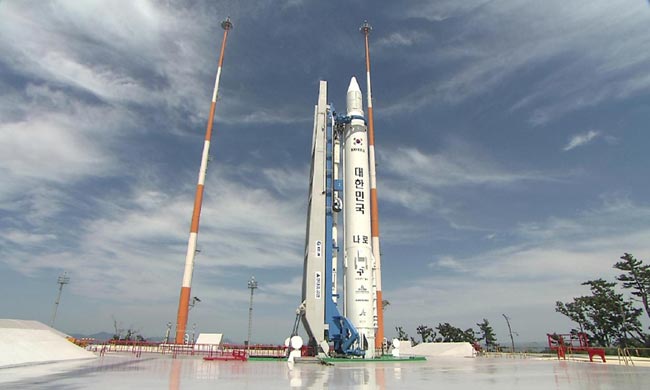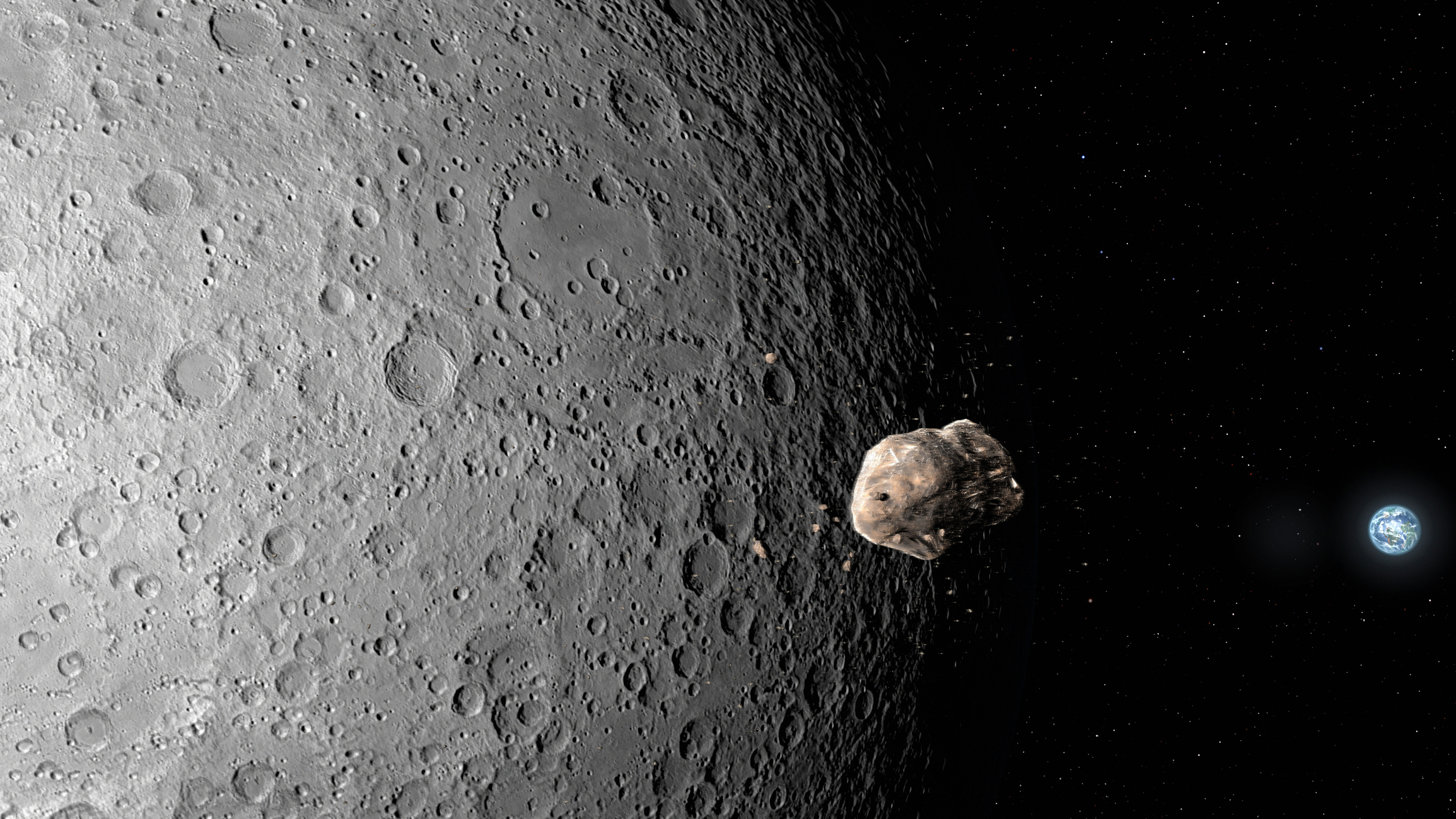
Get the world’s most fascinating discoveries delivered straight to your inbox.
You are now subscribed
Your newsletter sign-up was successful
Want to add more newsletters?

Delivered Daily
Daily Newsletter
Sign up for the latest discoveries, groundbreaking research and fascinating breakthroughs that impact you and the wider world direct to your inbox.

Once a week
Life's Little Mysteries
Feed your curiosity with an exclusive mystery every week, solved with science and delivered direct to your inbox before it's seen anywhere else.

Once a week
How It Works
Sign up to our free science & technology newsletter for your weekly fix of fascinating articles, quick quizzes, amazing images, and more

Delivered daily
Space.com Newsletter
Breaking space news, the latest updates on rocket launches, skywatching events and more!

Once a month
Watch This Space
Sign up to our monthly entertainment newsletter to keep up with all our coverage of the latest sci-fi and space movies, tv shows, games and books.

Once a week
Night Sky This Week
Discover this week's must-see night sky events, moon phases, and stunning astrophotos. Sign up for our skywatching newsletter and explore the universe with us!
Join the club
Get full access to premium articles, exclusive features and a growing list of member rewards.
South Korea aims to join the ranks of spacefaring nations this Friday (Oct. 26) by blasting a small experimental satellite to orbit, according to media reports.
The country will attempt to loft a test satellite atop its Korea Space Launch Vehicle-1 rocket, or KSLV-1, from the Naro Space Center on Friday, weather permitting, South Korean officials said Monday (Oct. 22).
"We have confirmed after considerations of weather conditions and preparations for the launch that the launch will be possible on October 26," Minister of Education, Science and Technology Lee Ju-ho told reporters, according to South Korea's Yonhap news agency. "However, even through preparations will be made for October 26, the launch may be delayed if rainfall becomes imminent or very likely on the scheduled date."
The upcoming launch will be South Korea's third try to orbit a satellite with the KSLV-1, which was developed jointly with Russia and is also known as the Naro-1. Previous attempts in 2009 and and 2010 failed.
The spacecraft riding atop the rocket, called the Science and Technology Satellite-2C (STSAT-2C), weighs about 220 pounds (100 kilograms) and is designed to last up to a year in space. Its main purpose is to verify South Korea's ability to orbit a satellite and collect data in space, Yonhap reported.
If all goes according to plan, STSAT-2C will be delivered to an elliptical, 103-minute orbit that brings it as close to Earth as 186 miles (300 kilometers) and as far away as 932 miles (1,500 km), according to Yonhap.
Few of South Korea's neighbors are spacefaring nations; in Asia, only Russia, Japan, China and India have demonstrated the ability to put payloads into Earth orbit. Others have tried and failed, including South Korea's erratic rival North Korea, which made its third and latest attempt this past April.
Get the world’s most fascinating discoveries delivered straight to your inbox.
Many analysts are suspicious of North Korea's attempted satellite launches — which have come in 1998, 2009 and 2012 — regarding them as thinly disguised tests of missile technology.
This story was provided by SPACE.com, sister site to LiveScience. Follow SPACE.com senior writer Mike Wall on Twitter @michaeldwall or SPACE.com @Spacedotcom. We're also on Facebook and Google+.

 Live Science Plus
Live Science Plus






